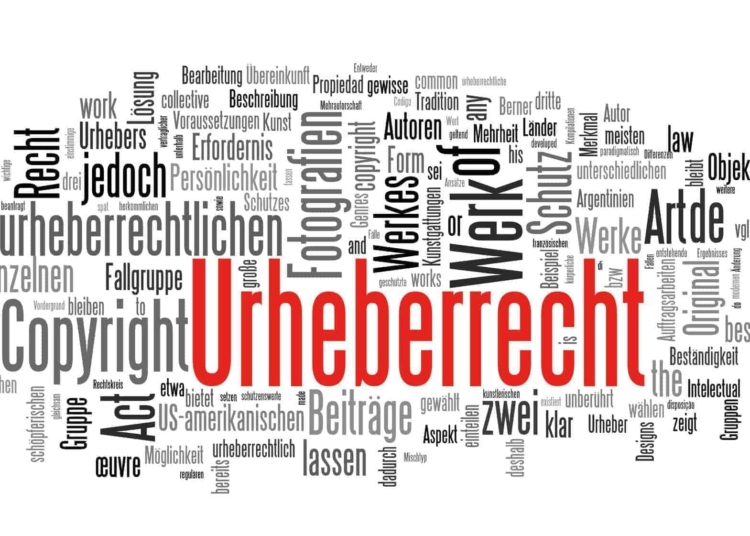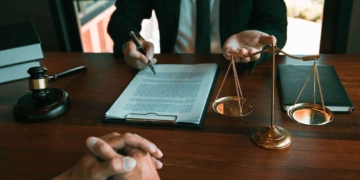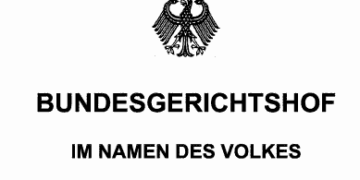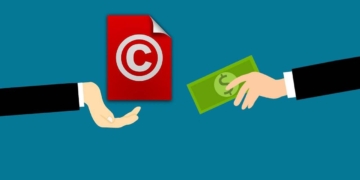There are always schemes where, as a lawyer, you are pretty sure that these clients are unknown. And § 32d UrhG is almost certainly one of them:
In the case of the granting of a right of use against payment, the contracting party shall provide the author with information at least once a year on the extent of the use of the work and the income and benefits derived therefrom. The information is provided on the basis of the information that is usually available in the ordinary course of business. The information must be provided for the first time one year after the beginning of the use of the work and only for the period of use of the work.
- Which publisher of computer games has already thought of this regulation, but deliver – if at all – the accounts owed under a publishing contract?
- Which editorial website has this regulation on the “to-do” because you have reviews, news or similar written by freelance editors? And it doesn’t even have to be freelance editors, because even if it is still somewhat unclear whether this duty to provide information also applies to employees who grant exploitation rights to the employer under Section 43 UrhG, my personal tendency is rather that such information is owed.
- The same applies to publishers, of course, but also to YouTubers, video networks and the like – and to all those who have not merely made a subordinate contribution to a work, product or service. And even then, the author could still demonstrate with verifiable facts clear indications that he needs the information for a contractual adjustment (Section 32a (1) and (2) UrhG), For a contribution is rather subordinate only if it has little influence on the overall impression of a work or the nature of a product or service, for example, because it is not part of the typical content of a work, a product or a service, or if the use of the contractual partner is disproportionate for other reasons, in particular if the effort for the information would be disproportionate to the income from the use of the work.
- Of course, the same applies to agencies/companies that “employ” freelancers and license their products to game developers or other companies. Actually, this is even the prototype for an “information of sublicensees”!
Article 19 of Directive 2019/790 now requires that authorsreceive “up-to-date, relevant and comprehensive information on the exploitation of their works and performances, in particular on the nature of the exploitation, all revenues received from and claims due from those to whom they have licensed or transferred rights and their successors in title”. Therefore, authors also have a right to information pursuant to Section 32d para. 1a) UrhG on the names and addresses of any sublicensees. However, this is a claim that must first be asserted.
Section 32e UrhG grants the author, in both the old and the new version, a right to information also against third parties in license chains. This also covers companies involved in the exploitation of the work. What is new, however, is that this claim is subsidiary to the claim against the direct contractual partner – the contact person is therefore initially the author’s own contractual partner, even in the case of exploitation in the license chain.
However:In contrast to the previous regulation before the amendment, authors no longer have the right to information; instead, users are obliged to provide information at least once a year about the extent of use of the work and the income and benefits derived from it. The information must be provided for the first time one year after the beginning of the use of the work and only for the period of use of the work. This means that anyone who uses works must not only enable and perform clean documentation of the use, but should also remember to actually provide the information. Otherwise, there is a threat of warnings and other costs in the future. For companies that outsource a lot of work to freelancers, even major adjustments to the corresponding contracts might be necessary!












































